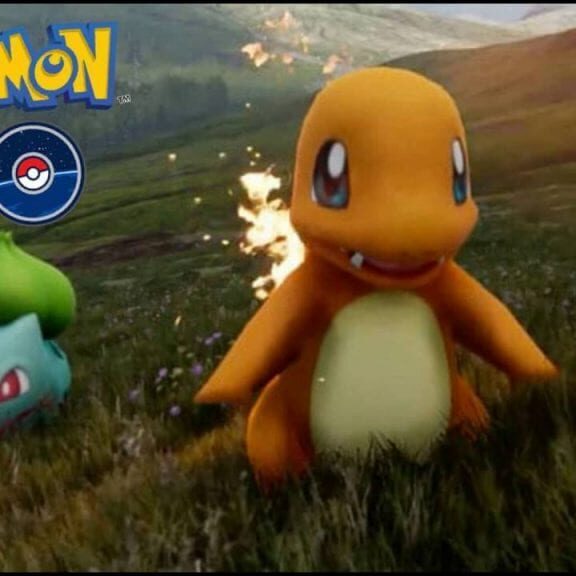Insights < BACK TO ALL INSIGHTS
Pokémon Go Craze: Battle, Train, Win – But No Betting
Pokémon Go Craze: Battle, Train, Win – But No Betting
By: Jeff Ifrah
We are living in a virtual (or perhaps “augmented”) Pokémon explosion. You can’t get away from news of public craze over Pokémon Go. Players young and youngish have made the game today’s most popular app, outpacing Twitter and Tinder download rates. In less than ten days from its release, estimates are that almost 26 million Americans are playing the game. What’s more, SurveyMonkey intelligence predicts retention and revenue numbers for the game at unprecedented levels.
With all the interest Pokémon Go is generating, what’s next? How will game developer Niantic capitalize on the popularity? And how will others? Wired reports there is already a surge in cottage industries: rideshare drivers are carting players to Poke Stops, businesses are using Lures to draw customers, and service platforms are soliciting Pokémon experts. Through Craigslist, Facebook, and other platforms, people are selling high-level accounts or rare Pokémon (in spite of a prohibition in Pokemon’s terms of use). Commerce is quickly finding and filling demand for all things related to Pokémon Go.
But as the sun rises on Pokémon Go, the sun is setting on another recent online gaming craze, Counter Strike: Global Offensive skin betting. CS:GO the eSport that popularized skin betting, effectively shut down the practice for the game last week. CS:GO game maker, Valve, cut ties with skin gambling sites in response to the increasing scrutiny over skin betting and several recent class action lawsuits.
Those witnessing the growth of Pokémon Go and the end of CS:GO skin betting may ask whether a secondary market in Pokémon Go will fill the void of CS:GO skin betting. Could a new industry arise allowing bets or wagers in Pokémon similar to CS:GO skin betting?
As secondary markets are already in the works, betting may not be far behind. Plus, Pokémon Go has the elements to invite secondary markets: the game allows players in app purchases to enhance gameplay and players will be able to trade or share these within the game with other players.
Niantic should be careful and monitor such activity, as well as enforce its terms of use, to safeguard against such secondary markets and to avoid possible legal liability. There have been a number of class actions filed against gaming companies alleging their sites have real money value and that the operators are therefore guilty of violating state and federal laws prohibiting online gambling.
Social games facing legal challenges include Big Fish Casino and Castle Clash. Games at issue allow players to purchase coins or tokens that, based on the results of a casino-style game, could result in enhanced play. Importantly, the games makers’ terms use state that players cannot redeem prizes for real world money. However, secondary markets have come up allowing people to buy or sell their gaming accounts for real money. These secondary markets formed the basis of plaintiffs’ complaints that the social games constituted unlawful gaming.
Fortunately for these gaming companies – and an important point for Niantic – the courts have sided with the companies. The reason is the games’ terms of use restrictions. As the court in the Big Fish class action (Cheryl Kater v. Churchill Downs Incorporated, Case No. C15-612 MJP, 2015 WL 9839755 (W.D.Wash. Nov. 19, 2015) noted, it was unwilling to grant the plaintiff an award for expressly violating the game’s terms of use in buying and selling the chips on a secondary market.
It looks like Niantic is already aware of this potential legal issue and safeguarding against it. Pokemon’s terms of use clearly restrict redeeming game content for real world money:
In no event may you trade any Virtual Content for “real” money, any other good or service outside of the Service, or any promise to provide certain products or services whether in-Service or outside the Service. Any attempt to trade outside the Service, to trade a prohibited item, or to make an offer to trade items where the trade is contingent upon an event (e.g. the outcome of a PTCGO match) may result in your PTC Account being suspended or terminated.
Given the tremendous success of Pokémon Go, chances of a gamer hoisting a legal challenge to gain a possible settlement or notoriety are decent. Niantic would do well to be strong in the face of secondary markets and to be vigilant to enforce its terms of use. This will present a strong defense under current law against any allegations of unlawful gaming through its site.





